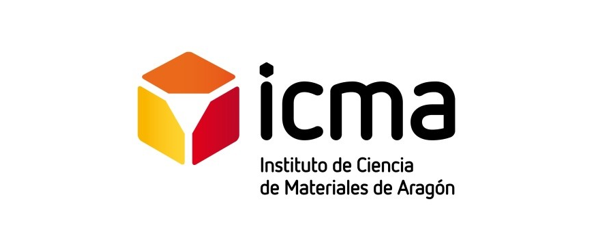Nanostructuring, magnetic memory, qubit, magnetic refrigerant, cryogenic microsensors, liquid crystal dendrimers, functional nanomembranes, molecular electronics, MOC, nanostructured magnets, lugwigite and warwikite monocrystals, bioinspired functional materials, bio-inspired photocatalysts, electronic paramagnetic resonance, magnetic nanoparticles, ferrofluids, magnetic crystallography with neutrons, advanced neutron instrumentation, , neutron scattering, molucule based magnets, luminescent molecular thermometer, NanoBioMed, thin films, biofunctionalisation, interaction inert matter-living organisms, contactless magnetoresistive sensors, nanofabrication, micro and nanodevices, biological applications, biosensors, magnetic hyperthermia, magnetotransduction, nerve regeneration, contrast agents, composites, energy applications, functional molecular materials, dendrimer functional materials, functional polymers, energy generation and utilization, superconductors, graphene, nanolithography, thin film growth, light-matter interaction, biofunctional surfaces, new therapies, diagnostic tools, drug delivery and transport techniques, new characterization techniques, XAS, XMCD, Mössbauer spectroscopy, Modeling of the eye optical system, controlled polymerizations, "click-chemistry", side chain polymers, linear-linear, dendritic-linear block copolymers, supramolecular polymers, polymers for biomedical applications, solid oxide fuel cells, high temperature electrolyzers, advanced batteries, eutectic ceramics, materials for domestic appliances, magnetocaloric effect, adiabatic magnetothermia, adiabatic calorimetry, thermal conductivity, modulating calorimetry, photoexcitation, laser chemistry, biophysics, dynamics of biomolecules, molecular dynamics simulation, sensitized solar cells (DSCs), perovskite solar cells, organic solar cells, electro materials and photoactive materials, direct laser writing, digital printing of materials, biomaterials, biomedical applications, polymer nanostructuring, liquid crystals, photonics, block copolymers, superconducting wires, superconducting devices, matrix composites, ceramic fiber reinforcements, materials for wind energy based In superconductors



